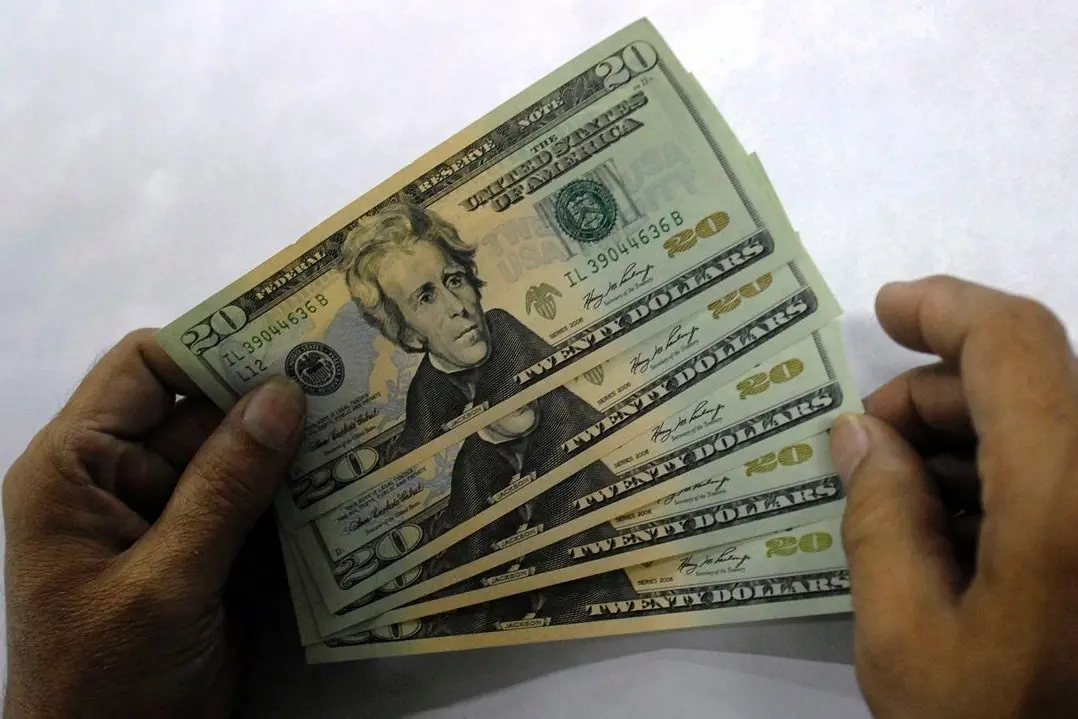PHOTO
DOHA- Qatar does not need to raise debt through international bonds next year because its budget forecasts an economic surplus, but it might issue dollar debt to provide a pricing benchmark to government-related entities that plan to sell bonds, a finance ministry official said.
Qatar raised $12 billion in a jumbo bond issue in April, one of the largest debt placements by an emerging-market sovereign this year, marking a successful comeback to international debt markets despite a rift with its Gulf neighbours.
Doha has been locked in a diplomatic dispute with Saudi Arabia, the United Arab Emirates, Egypt and Bahrain since June of last year. They all severed diplomatic and transport ties with Qatar, accusing it of supporting terrorism, a charge Doha denies.
The world’s largest exporter of liquefied natural gas has largely overcome the economic impact of the boycott, also thanks to a rise in energy prices this year. Its finance minister reiterated during an international conference in Doha this week that the country’s national budget for 2019 forecasts a surplus.
Because of this, Qatar has no plan to raise debt finance internationally next year, Ali Mohamed Al Sowaidi, director of credit policies at the ministry of finance, told Reuters in an interview.
"If we go to the market – that’s if we go, which is unlikely – it might be for a smaller amount, and that’s to give a benchmark for government-related entities, if they want to go to the market," he said.
The cost of debt issued by government-related entities – which in Qatar include corporations like Qatar Airways and Qatar National Bank – is generally calculated using the government’s debt curve as a pricing benchmark.
Qatar planned to raise $8 billion with its last international bond. But it got orders for around $52 billion, so it decided to increase the size of the issue by $4 billion, said Praveen Arumugam, financial consultant, credit policies and debt department.
The size of next year’s potential debt sale has not been established and will depend on market conditions, he added.
Last week, rating agency S&P revised its outlook on Qatar to stable from negative, citing macroeconomic resilience and expectations that Qatar will continue to mitigate the economic and financial fallout of the boycott.
Qatar has $1 billion of outstanding debt due next year but, as of now, it plans to pay that down instead of refinancing it, Al Sowaidi said.
He added that the country has no plan to issue dollar sukuk, or Islamic bonds. "The majority of sukuk investors come from this region, and since the blockade we don’t have support from the region, so we will focus on conventional bonds."
(Editing by Larry King) ((Davide.Barbuscia@thomsonreuters.com; +971522604297; Reuters Messaging: davide.barbuscia.reuters.com@reuters.net))





















